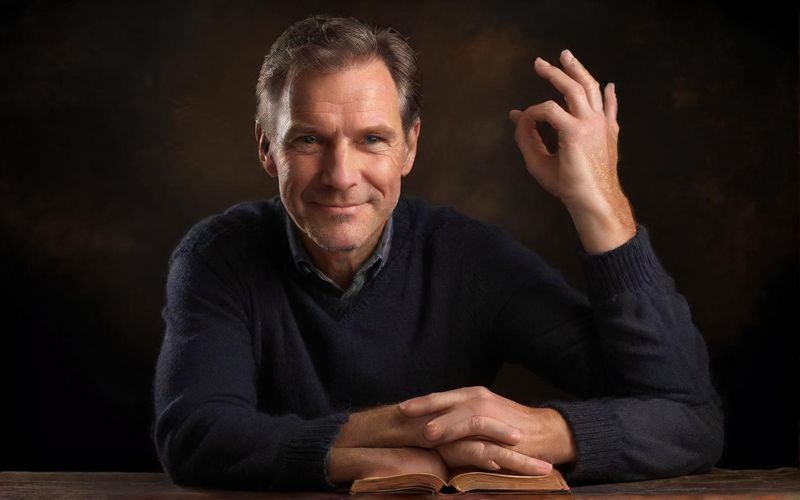RFK Jr.'s ACIP shifts vaccine policy talks

Under the leadership of Health Secretary Robert F. Kennedy Jr., the committee has undergone significant changes, with many new members appointed. These new appointments, as noted by the PBS NewsHour, have included individuals who have expressed skepticism about vaccines, leading to a shift in the discussions. What was once a predictable process, where recommendations for vaccines like the COVID-19 shot were straightforward and easily accessible, has now become a complex web of "shared decision-making." This means instead of a routine recommendation for everyone, the emphasis is now on individual conversations between patients and their doctors about the risks and benefits.
This shift has sparked considerable debate. Some experts, like those from the American Medical Association, have voiced concerns that this approach could selectively use data and erode the integrity of the committee's process. Others have pointed out that the meetings themselves were marked by confusion and technical difficulties, creating an environment where clarity seemed to be an afterthought. The Associated Press highlighted that a proposal to require prescriptions for COVID-19 vaccines, which could have created significant access hurdles, ultimately failed, but not without a heated discussion. This idea, along with other decisions, has led to a patchwork of access across different states and insurance providers, reminiscent of the early days of the pandemic.
It makes you wonder, doesn't it? In our quest for better health outcomes, are we inadvertently creating more obstacles for those who simply want to protect themselves and their families? The uncertainty surrounding these new recommendations, especially for something as crucial as vaccines, leaves one questioning the path forward for public health policy.









